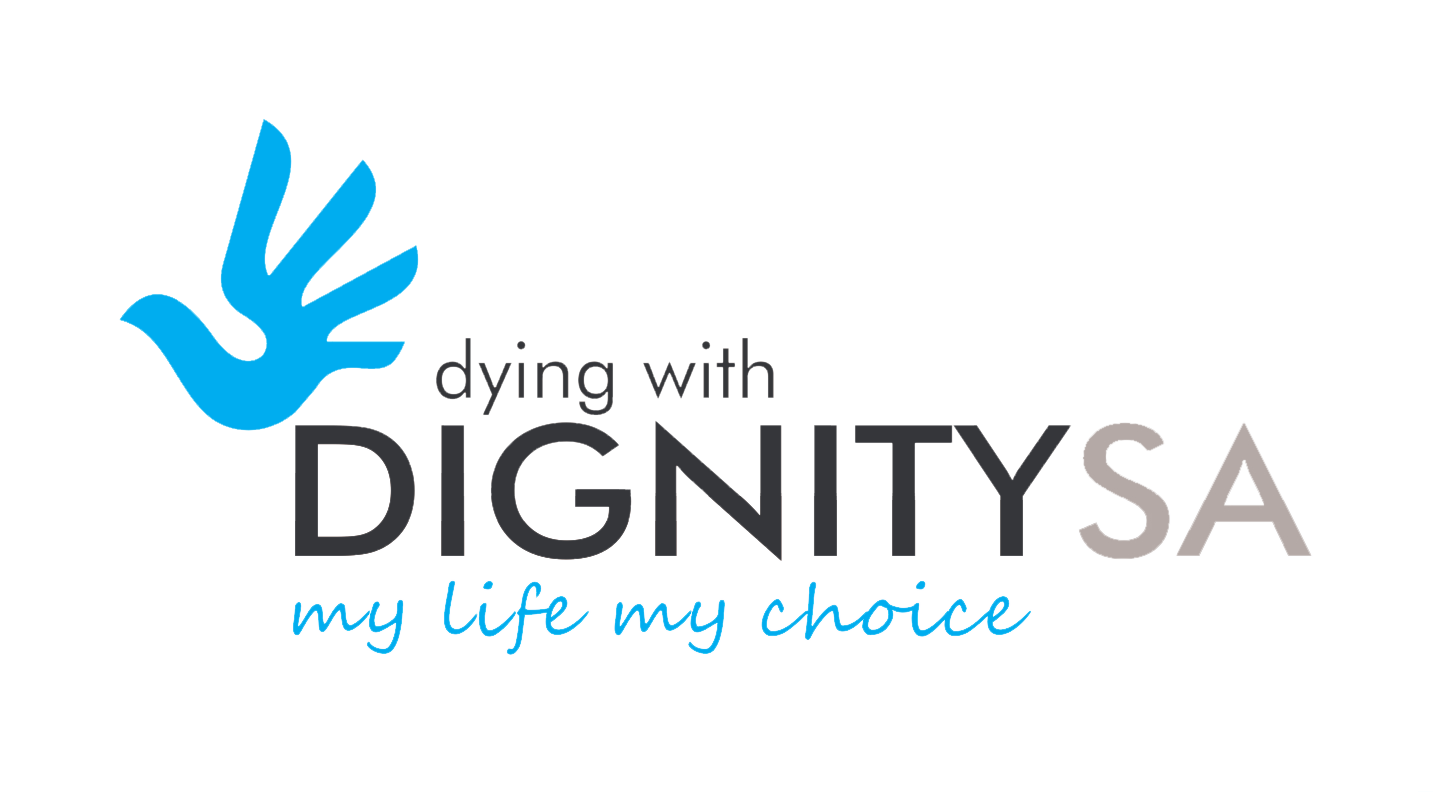The morality of medical assistance in prolonging hopeless biological life vs the right to timeous medical assistance in dying with some dignity
Moral arguments in favor of medical assistance in death for terminally ill patients and severely physically and mentally handicapped individuals who wish such assistance often revolve around the concepts of autonomy, dignity, and quality of life:
1. Respect for Autonomy: The principle of autonomy dictates that individuals have the right to make decisions about their own lives, including the choice to end their suffering through medical assistance in death. Terminally ill patients and severely handicapped individuals who wish to exercise this option should have the freedom to do so, as long as their decision is made voluntarily and with a full understanding of the consequences.
2. Dignity in Death: Allowing individuals to choose medical assistance in death acknowledges their inherent dignity and respects their wishes for a dignified end to their lives. For many terminally ill patients and severely handicapped individuals, the prospect of prolonged suffering and loss of bodily and mental functions may diminish their sense of dignity. Providing them with the option of a peaceful and controlled death through medical assistance can help preserve their dignity and autonomy.
3. Quality of Life: Quality of life is a central consideration in end-of-life decision-making. For some terminally ill patients and severely handicapped individuals, the burden of pain, suffering, and loss of independence may outweigh any potential benefits of prolonging life. Medical assistance in death offers them the opportunity to prioritize quality of life over mere existence, allowing them to end their lives on their own terms and in accordance with their values and beliefs.
4. Rejection of Suffering: Suffering, whether physical, emotional, or existential, is a deeply personal experience that can profoundly impact an individual's sense of well-being and dignity. Terminally ill patients and severely handicapped individuals who face unrelenting suffering despite medical interventions may choose medical assistance in death as a means to end their pain and find peace. Allowing them to access this option reflects a commitment to compassion and empathy, recognizing their right to reject unnecessary and intolerable suffering.
5. Expansive Definition of Life: The concept of life encompasses more than mere biological existence; it includes elements such as personal autonomy, meaningful relationships, and the ability to pursue one's goals and values. For some terminally ill patients and severely handicapped individuals, the limitations imposed by their conditions may compromise their ability to experience life in a meaningful and fulfilling way. Medical assistance in death provides them with a compassionate alternative to prolonging a life that no longer aligns with their understanding of what constitutes a meaningful existence.
In summary, moral arguments in favor of medical assistance in death for terminally ill patients and severely physically and mentally handicapped individuals who wish such assistance emphasize the importance of respecting autonomy, preserving dignity, prioritizing quality of life, alleviating suffering, and recognizing the expansive definition of life. These arguments underscore the need for compassionate and individualized approaches to end-of-life care that honor the diverse values, beliefs, and preferences of patients facing complex medical and ethical dilemmas - my life, my choice!
